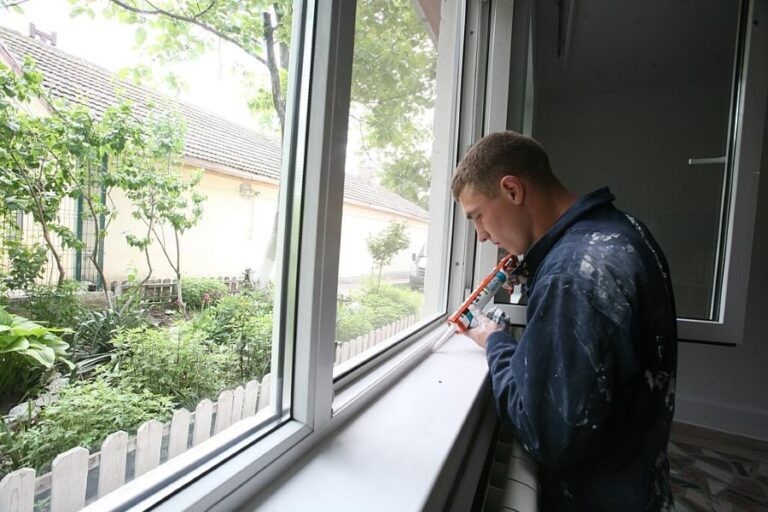Winterizing your home is a smart move to save energy and give you some relief on your heating bills. Simple upgrades like insulating around doors, sealing windows, and adding thermal coverings to windows can minimize drafts and maintain warmth to cozy up your space in the winter.
Fortunately, many winterizing options are affordable and easy to implement, offering a solid return on your investment with savings through the colder months. Consider the following ideas to boost your home’s efficiency.
Insulate Key Areas
By creating a barrier against the outside elements, insulation keeps the heat generated within your home from escaping.
An insulated garage door prevents heat loss and contributes to the overall comfort of adjoining spaces, like living rooms or bedrooms that share walls with the garage. When a garage door is insulated correctly, it keeps the cold air from coming in, leading to more consistent temperatures throughout your home and reducing the strain on heating systems.
Window insulation is also an innovative and low-cost way to winterize your home, especially for older windows that may let in cold drafts. Caulk around your windows or install storm window inserts to reduce heat loss and keep out cold air.
Affordable Eco-Friendly Upgrades
Investing in eco-friendly home upgrades can be more cost-effective than you think. Still, they can make a significant difference in your home’s efficiency.
One effective, low-cost upgrade is weatherstripping. This process uses a special tape or rubber weatherstripping material that seals gaps around doors and windows. Weatherstripping prevents drafts and maintains a comfortable indoor temperature.
Consider switching to energy-efficient LED bulbs to lower your energy costs through the winter and the rest of the year. Although they’re usually pricier, LED bulbs can last years and use at least 75% less energy than traditional incandescent bulbs to help lower your energy bill. Or, upgrade to smart lighting to control and schedule your lights with an app for optimal efficiency.
Simple DIY Winterizing Projects
Save even more money by doing some of the work yourself instead of hiring someone else. For example, you can install insulated curtains or thermal drapes to your windows to trap heat inside your home. They work well with weather-stripped windows, adding another layer of protection for heat loss.
Another option is door draft stoppers or draft snakes, which block cold air from seeping in under exterior doors. They’re inexpensive, simple to place, and can make a noticeable difference in keeping rooms warmer, especially in older homes with less efficient insulation around doors.
If window insulating or caulking isn’t something you feel uncomfortable with, install window film instead. You can easily apply the film to existing windows as an additional barrier against heat loss during the winter and reduce energy consumption.
Conclusion
By implementing these affordable, eco-friendly upgrades, you can keep your home cozy this winter while reaping long-term energy savings. Each step, from insulating windows and doors to adding weatherstripping or draft stoppers, retains indoor heat, leading to a warmer space and lower heating bills.



